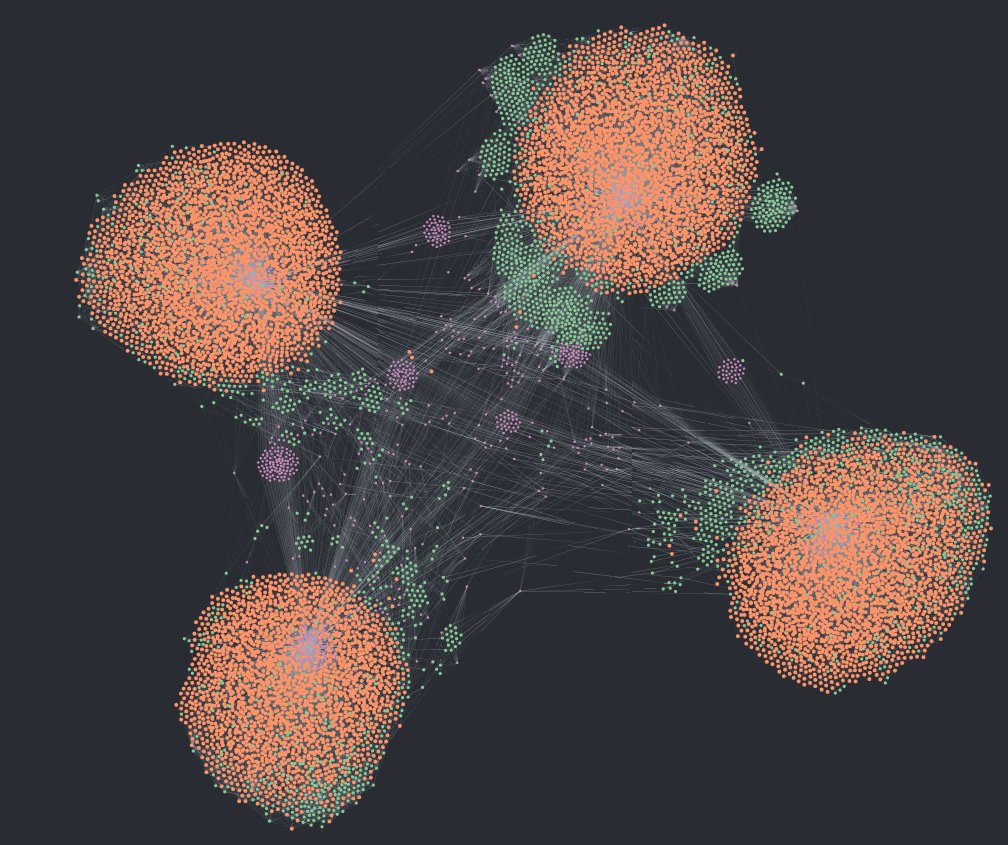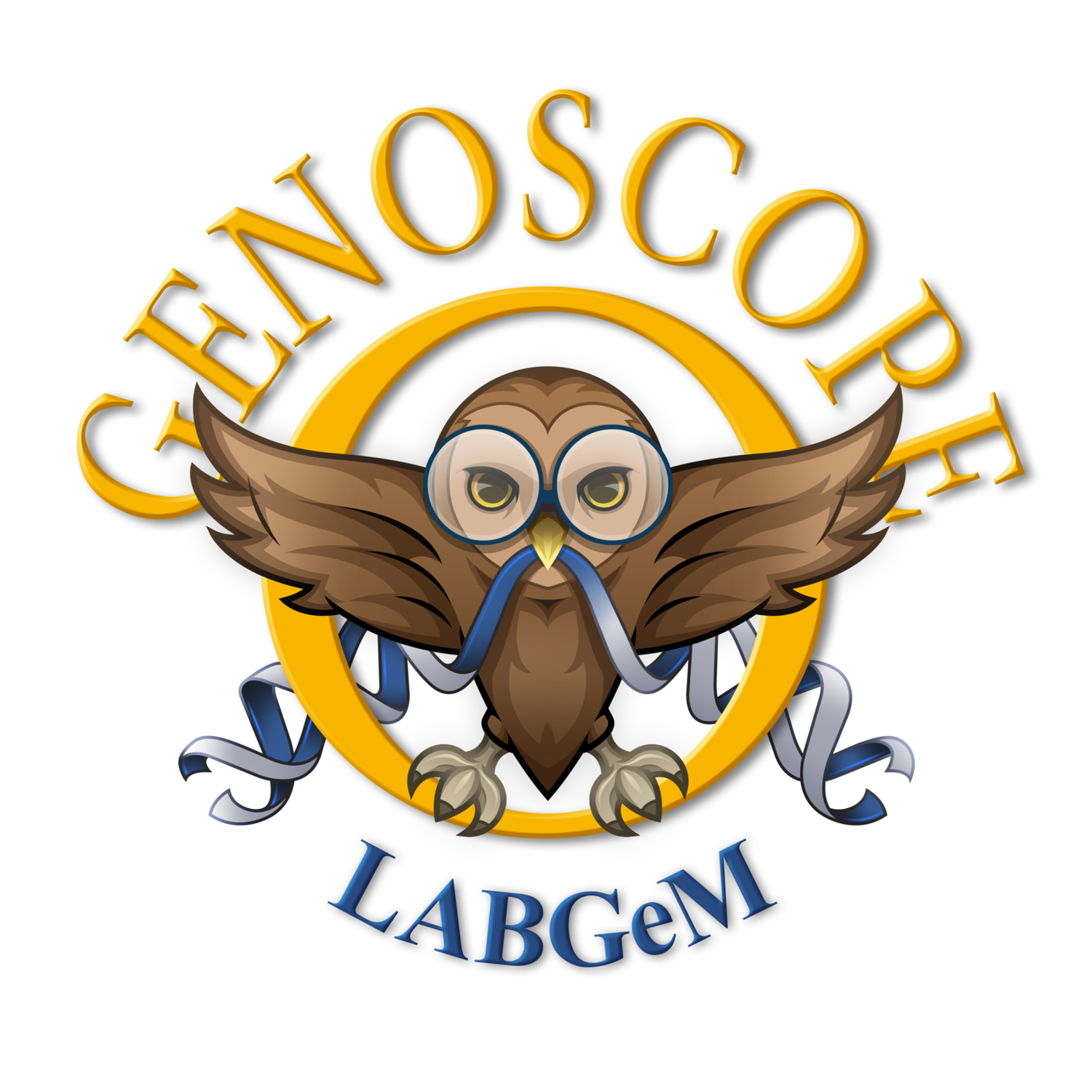
The aim of this PhD thesis is to achieve new methodological developments for the comparative study of pangenomes. This will involve the development of new bioinformatic methods for inter-pangenome comparisons, which will be particularly based on the developments carried out for the identification and characterization of RGPs in functional modules. RGPs include both regions which are exchanged between strains by horizontal gene transfer (such as genomic islands) and regions lost differentially among lineages. They are of paramount importance for understanding the adaptive potential of bacteria. The exploration of these functional modules in different species will provide a better understanding of the evolutionary dynamics behind the metabolic diversity of microorganisms.
The algorithms and tools developed during this project will be applied to study different bacterial groups of medical, agronomic or biotechnological interest such as actinobacteria, firmicutes or enterobacteria for which large amounts of data are available. These methods might also be applied at the scale of an ecosystem in order to understand the dynamics of genomes and the interactions between different species living in the same environment. Particular attention will be given to the functional analysis of genomic islands with regard to the metabolism of organisms in terms of production of secondary metabolites or catabolic pathways.
In this context, we are developping PANORAMA, a bioinformatics toolbox, including new methodological developments for the comparative study of pangenomes. It benefits from methods for the reconstruction and analysis of pangenome graphs, thanks to the PPanGGOLiN software suite. PANORAMA integrates multiple features, such as the possibility to compare genomics context between pangenomes or the annotation of biological systems at the pangenome level.
PANORAMA aims to help microbiologists to understand the adaptive potential of bacteria and, with the exploration of functional modules in different species, to better understand the evolutionary dynamics behind the metabolic diversity of microorganisms.
PhD student: Jérôme Arnoux – 2021-2025 – https://theses.fr/2025UPASL020
Supervisors: Alexandra Calteau and David Vallenet
Funding: CEA-CFR
Publications:
- Arnoux, Jérôme; Bonifati, Angela; Calteau, Alexandra; Dumbrava, Stefania; Gautreau, Guillaume. Integrating Complex Pangenome Graphs (2024) IEEE 40th International Conference on Data Engineering Workshops (ICDEW), pp. 350–354, IEEE 2024.
- Jérôme Arnoux, Jean Mainguy, Laura Bry, Quentin Fernandez de Grado, Yazid Hoblos, David Vallenet, Alexandra Calteau. Panorama: a robust pangenome-based method for predicting and comparing biological systems across species . bioRxiv 2025.12.22.695875
